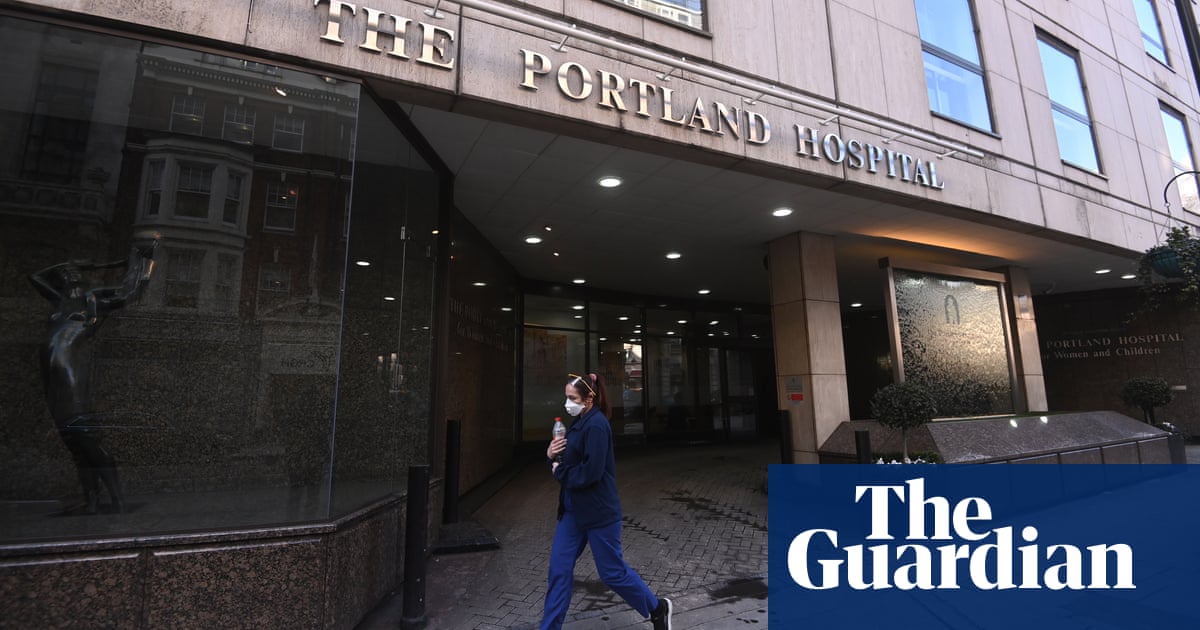
f you were unfortunate enough to fall into the river in late 18th-century London, you might have found yourself experiencing medical treatment that would raise eyebrows today. Resuscitation kits, paid for by the Royal Humane Society, which was founded in 1774 as the Society for the Recovery of Persons Apparently Drowned, involved quite literally blowing tobacco smoke inside the rectums of drowning victims. Beautiful examples of these devices this can still be found, in wooden cases complete with leather bellows and finely crafted ivory nozzles, including one in the Wellcome Collection on London’s Euston Road.
When I teach 21st-century medical students I ask them to have a look at this Georgian equivalent of a defibrillator while visualising the portraits of the dignified doctors that decorate the walls of the Royal College of Physicians. I don’t need to tell you that the smoke-enema technique did not work, but it took years for these resuscitation kits to fall out of favour. Showing these objects to medical students can be remarkably effective at deflating the hubris that still characterises our profession. What is gold-standard medical practice one day may become obsolete and even absurd the next.
Despite medicine’s chequered history when it comes to saving lives – the Royal College admits that some doctors of the past “almost certainly killed as many patients as they cured” – the profession has experienced a transformation in attitudes over the past few decades that other fields would do well to emulate. Admitting error on an individual and institutional level is an essential and formally enshrined aspect of modern medicine in the UK.
Things aren’t perfect in British medicine. We still see shocking cover-ups, scapegoating and the appalling treatment of whistleblowers in the NHS, but the profession is moving in the right direction, shaped by the expectation of transparency and accountability for all. Today, particularly in our political sphere, these norms seem to be in need of renewed emphasis.
Medicine and aviation are among the most “safety-critical” industries. In both professions, the most dangerous practitioners are those who do not admit their mistakes, or who are dishonest about the limits of their knowledge. Practical measures such as checklists can reduce errors in cockpits and operating theatres alike, but less tangible aspects of organisational behaviour are no less important. Addressing rigid social hierarchies that stop people from speaking up when things go wrong, or focusing on learning and not blame are equally crucial to avoiding harm.
It is easy to see how airline pilots and doctors can kill or maim people when they screw up, but politicians can cause the same harms too, and on a potentially vast scale. We urgently need a political culture in which people admit mistakes, apologise properly and investigate errors thoroughly to prevent them from recurring. Instead, the standard offerings from our politicians are a carousel of barefaced lies, pseudo apologies and relentless bluffing.
The coronavirus pandemic has brought the lethal consequences of politicians’ poor behaviour into focus. As the GP and former MP Sarah Wollaston recently tweeted, “Doctors & nurses are expected to be open about mistakes & show they have learnt from them”, yet the example set from ministers is “never accept you have got it wrong, never apologise & just blame others”. The errors of Boris Johnson’s government, as Wollaston noted, have “cost lives; England has the highest number of excess deaths in Europe”. The fact that political decisions can destroy millions of lives is not a new revelation. Academic analysis of the consequences of austerity has shown serious adverse health outcomes in the UK, including increased rates of suicide and faltering life expectancy.
Medicine, like any field, is not immune from sleaze. Not even a peer-reviewed randomised controlled trial published in a top journal is completely neutral. Drug companies bankroll much scientific research, and there is still no legal requirement for doctors to publicly declare their financial links with the pharmaceutical industry, for example. However, in principle at least, the concepts of probity, evidence-based decision-making and candour around mistakes are central to ethical medical practice in the UK.
While doctors are rightly expected to be honest straight-talkers, politicians seem to be rewarded, or at least tolerated, for their glib performances, even when they are evidently riddled with lies. But this apparent difference buckles under examination. The contemporary focus on consumer satisfaction means you can rate your clinician like you’d rate a pizzeria, and the basis for that score can be superficial or unsound. And as most of us are aware, a doctor who is smooth-talking, acquiescent and gives the impression of being flawless is not necessarily a safe and competent pair of medical hands. (Harold Shipman, Britain’s most prolific serial killer, was popular with his patients – but his case did catalyse significant reforms in the way that doctors are regulated.)
Could it be that we fall for the appearance of infallibility? It would certainly seem so in our politicians. Rightwing populists and “strongmen” have been winning votes around the world. Donald Trump’s recent interview with Jonathan Swan of Axios demonstrated the exhausting volume of falsehoods he excretes – more than 17 over 35 minutes. Yet his approval ratings remain stable. It appears to be routine now for politicians to bludgeon us with reflex denial, defensiveness and insulting soundbites on a loop, even when dealing with the most urgent and life-threatening issues. They seem never to resign or apologise these days, however heinous or ridiculous their mistakes and lies.
The very concept of “electability” is tied to perceptions of success that are rooted in a deeply classist society which promotes intellectually mediocre, morally bankrupt posh boys to the highest offices in the country. Part of their political performance is an astonishing resistance to self-reflection, or any awareness of the serious consequences their actions have for others. Weaning ourselves off this tendency to accept form over function in politics is a medicine worth taking, in the hope of a future where transparency, scrutiny and accountability are not just the concern of those who fly planes and treat patients, but also a priority for the leaders whose actions put all our lives at risk.












